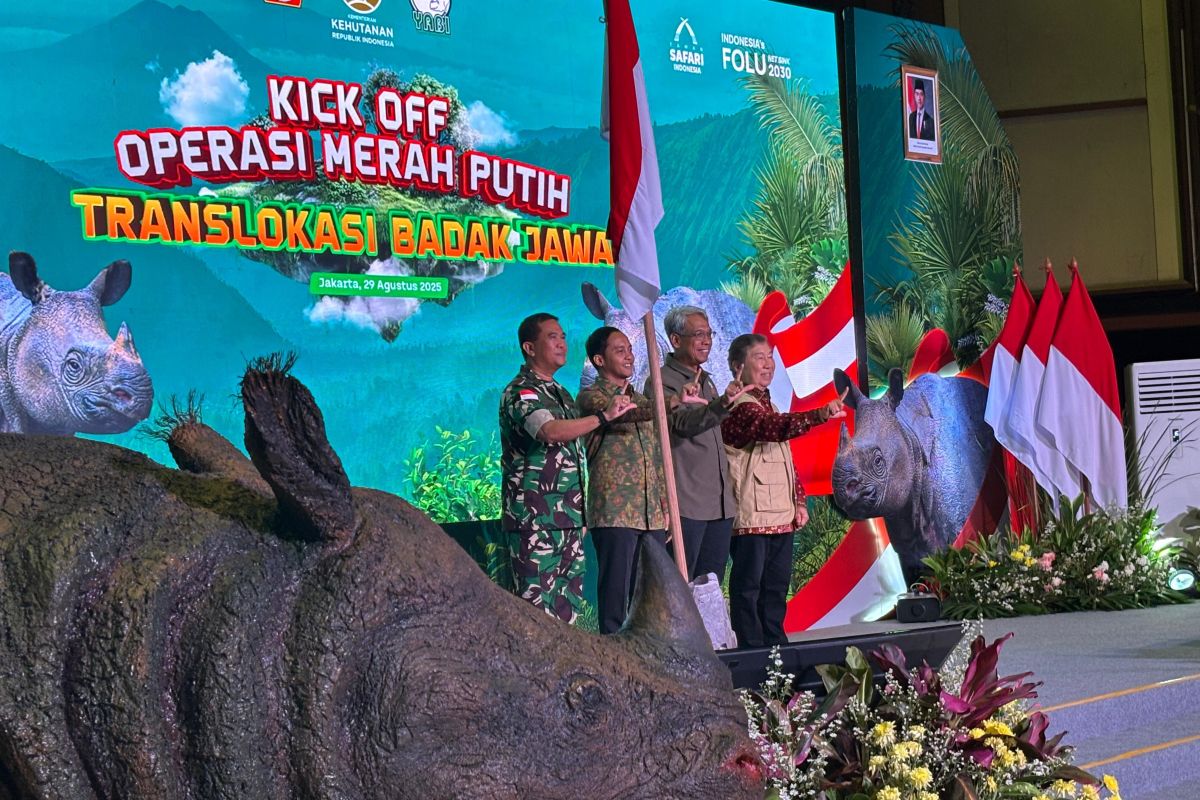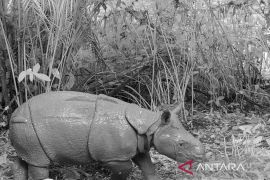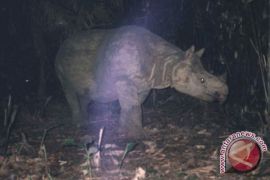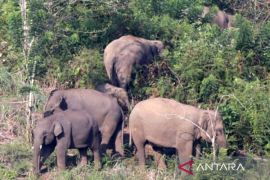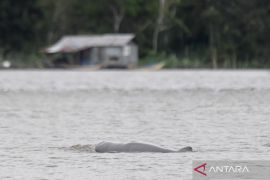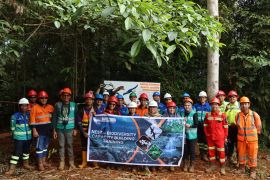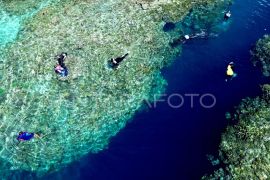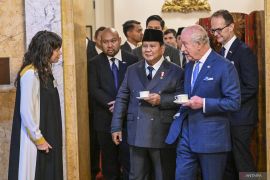In the plan, the rhinos are being translocated from the Ujung Kulon Peninsula, Pandeglang, Banten, to the Javan Rhino Study and Conservation Area (JRSCA), Pandeglang, located 14 kilometers away.
"This is our shared moral, social, and political responsibility to ensure our future generations will still have Javan rhinoceroses 50, 100, 200 years from now, and even forever," Forestry Minister Raja Juli Antoni said during the operation's kick-off event here on Friday.
He noted that the effort is part of the "ecological repentance," given that human activities have shrunk the habitat of Javan rhinos, which can only be found at the Ujung Kulon National Park.
The translocation plan covers population survey, habitat mapping, building a pit-trap, building a safe enclosure, and preparing logistics access.
The two rhinos that will be translocated have been carefully selected to prevent inbreeding.
Director General of Natural Resources and Ecosystem Conservation at the ministry, Satyawan Pudyatmoko, explained that the translocation is necessary because Javan rhinos are at high risk due to limited habitat carrying capacity, low genetic diversity, and an inbreeding rate of 58.5 percent.
A Population Viability Analysis (PVA) even predicts that this species could become extinct in less than 50 years without real interventions.
Pudyatmoko affirmed that a simulation for the translocation, which is carried out in collaboration with the Indonesian National Armed Forces (TNI) and the Rhino Foundation of Indonesia (YABI), has been carried out to ensure smooth implementation.
Related news: Ministry to translocate Javan rhinos to create second population
Related news: Ministry claims Indonesia sole guardian of Javan rhinos
Related news: Indonesia successful in preventing fauna extinction: Deputy minister
Translator: Prisca Triferna, Raka Adji
Editor: Azis Kurmala
Copyright © ANTARA 2025
